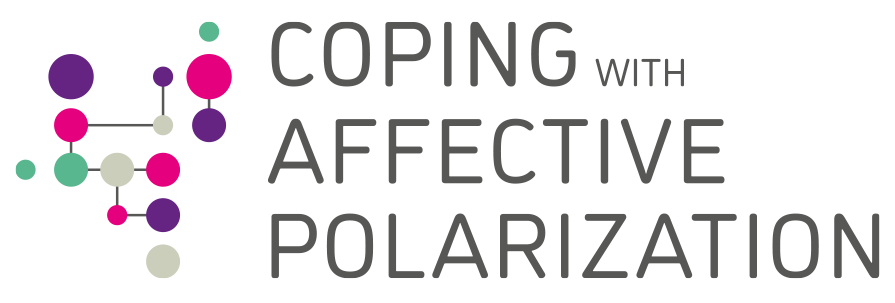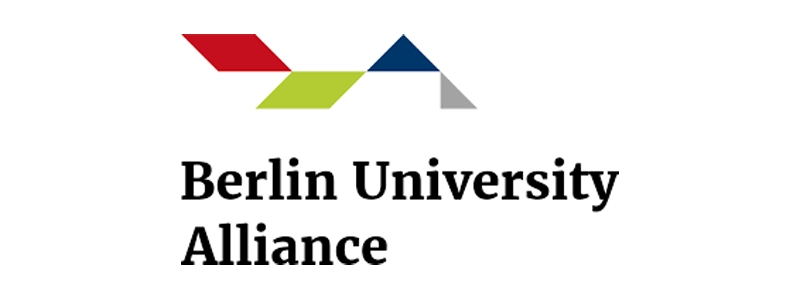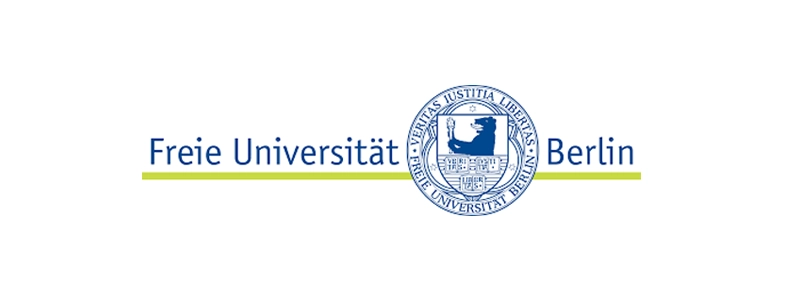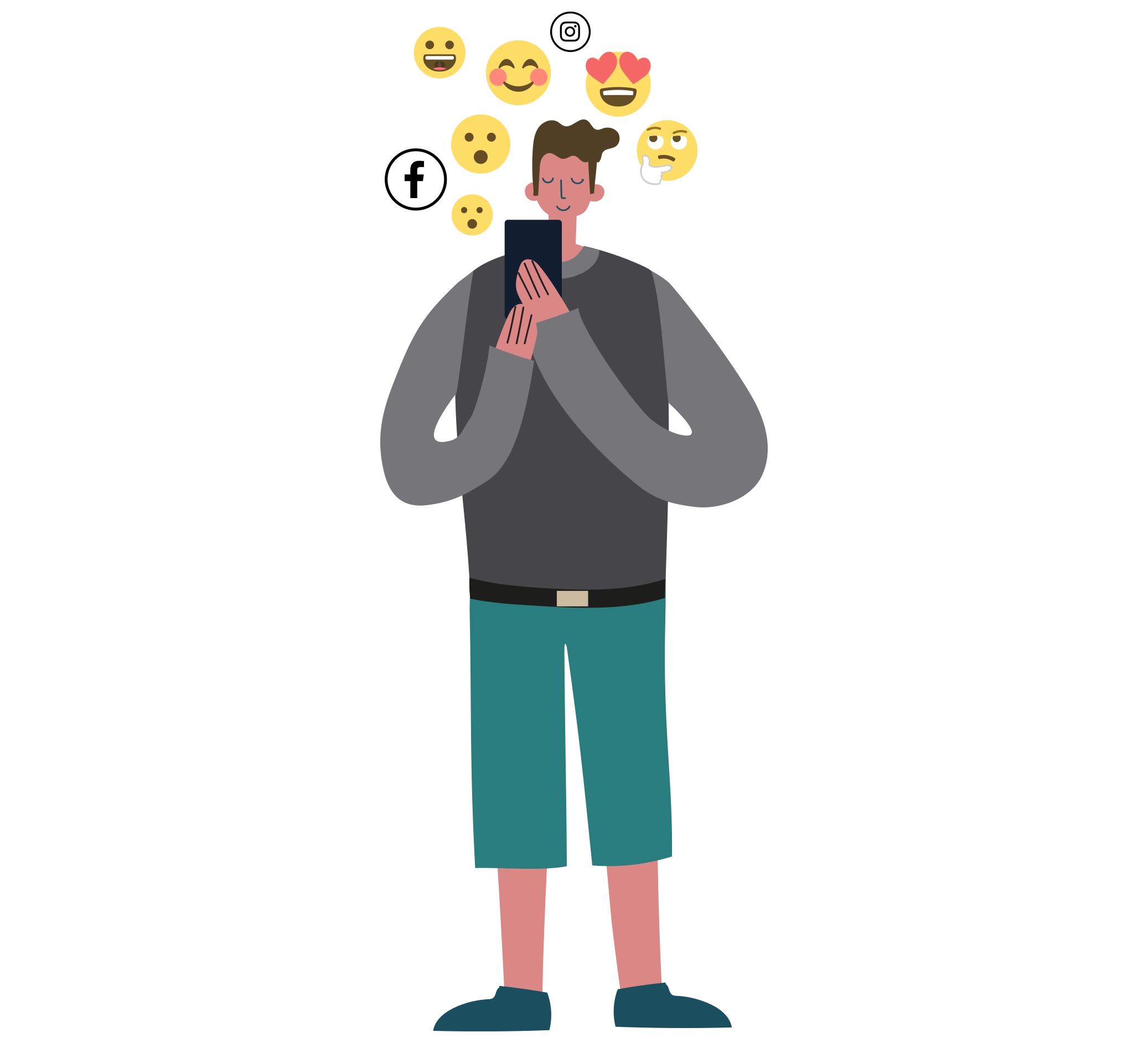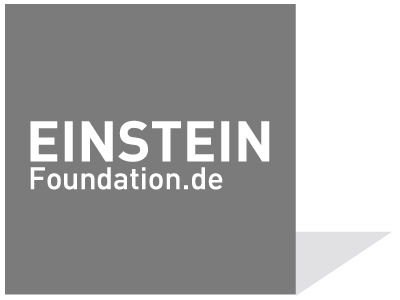Unsere Einstein Research Unit „Coping with Affective Polarization – Wie die Zivilgesellschaft sozialen Zusammenhalt fördert“ widmet sich der interdisziplinären Erforschung des Phänomens affektiver Polarisierung sowie der Frage, wie mit ihren Folgen konstruktiv umgegangen werden kann. Unser wissenschaftliches Team besteht aus Forschenden der Humboldt-Universität zu Berlin, der Freien Universität Berlin und der Charité – Universitätsmedizin Berlin.
Ein zentrales Anliegen unserer Arbeit ist es, unsere Forschung für die Öffentlichkeit sichtbar zu machen und unsere Erkenntnisse in praktische Anwendungen in verschiedenen gesellschaftlichen Kontexten zu überführen. Deshalb arbeiten wir eng mit zivilgesellschaftlichen Partner:innen zusammen, um von deren Praxiserfahrungen zu lernen und einen wechselseitigen Austausch zwischen Wissenschaft und Gesellschaft zu fördern.
Unser Forschungsverbund ist Teil der Berlin University Alliance und wird von der Einstein Stiftung Berlin gefördert.
Polarisierung spielt eine zentrale Rolle in den aktuellen Debatten über zunehmende Spannungen und Spaltungen in unserer Gesellschaft. Eine besonders bedeutsame Form ist die affektive Polarisierung – also die Tendenz, sich Menschen mit ähnlichen Ansichten stärker verbunden zu fühlen und gegenüber Andersdenkenden negative Gefühle oder abwertende Haltungen zu entwickeln. Diese Wir-gegen-sie-Mentalität kann für das gesellschaftliche Miteinander äußerst schädlich sein. Sie erschwert es, dass Menschen mit unterschiedlichen Meinungen oder Interessen zusammenarbeiten oder gemeinsame Lösungen finden. In der Folge kann affektive Polarisierung zu mehr Intoleranz, respektlosem oder hasserfülltem Verhalten und sogar zu politischer Gewalt führen – und damit ein demokratisches Miteinander gefährden.
Vor diesem Hintergrund stellt sich unser Forschungsverbund einer entscheidenden Frage: Wie können wir als Gesellschaft mit affektiver Polarisierung umgehen – und ihre negativen Auswirkungen effektiv verringern?
Wir sind davon überzeugt, dass gesellschaftlicher Zusammenhalt eine zentrale Ressource im Umgang mit affektiver Polarisierung darstellt. Eine Gesellschaft, die zusammenhält, ermöglicht Dialog, gegenseitiges Verständnis und aktives Mitgestalten. So können Menschen und Gruppen Konflikte bewältigen, ohne dass politische oder soziale Spaltungen weiter vertieft werden. Solche Formen des Miteinanders zu stärken, kann dazu beitragen, affektive Polarisierung und ihre negativen Folgen zu verringern.
Die Zivilgesellschaft spielt eine zentrale Rolle für den gesellschaftlichen Zusammenhalt. Organisationen wie gemeinnützige Vereine oder Aktivist:innen-Gruppen leisten durch ihre Arbeit vor Ort und ihr Engagement in der Gemeinschaft einen wichtigen Beitrag dazu, gesellschaftliche Gräben zu überbrücken. Deshalb arbeiten wir eng mit Partner:innen aus der Zivilgesellschaft zusammen – und verbinden ihre praktischen Erfahrungen mit unserer wissenschaftlichen Forschung. Gemeinsam entwickeln und erproben wir Strategien, um Zusammenhalt über soziale und politische Grenzen hinweg zu stärken.
Die Erforschung dieser Leitfragen wird durch den Aufbau und die Etablierung einer umfangreichen Dateninfrastruktur, fokussierte interdisziplinäre empirische Forschung sowie ein gemeinsames Interesse an der Entwicklung neuartiger Interventionen mit Akteur:innen aus der Zivilgesellschaft ermöglicht. Unsere zentralen Ziele sind die Beobachtung, das Verstehen und die Bewältigung affektiver Polarisierung – mit deren Hilfe wir die übergeordneten Forschungsfragen beantworten wollen.

Wir gehen unsere Forschungsfragen aus einer interdisziplinären Perspektive an und vereinen dabei Expertise aus verschiedenen wissenschaftlichen Fachrichtungen:
Wir verbinden verschiedene Fachrichtungen und nutzen unterschiedliche theoretische Ansätze sowie Forschungsmethoden wie Umfragen, Interviews und Medienanalysen, um affektive Polarisierung zu untersuchen und Wege zu finden, sie zu verringern.
Ein zentraler Aspekt unserer Arbeit ist die aktive Einbindung der Perspektiven zivilgesellschaftlicher Akteur:innen. Besonders interessieren uns ihre Erfahrungen mit den Folgen affektiver Polarisierung und die Strategien, mit denen sie diesen begegnen. Mithilfe partizipativer Forschungsmethoden arbeiten wir eng mit unseren Partner:innen aus der Zivilgesellschaft zusammen, um gemeinsam wirksame Interventionsstrategien zu entwickeln.
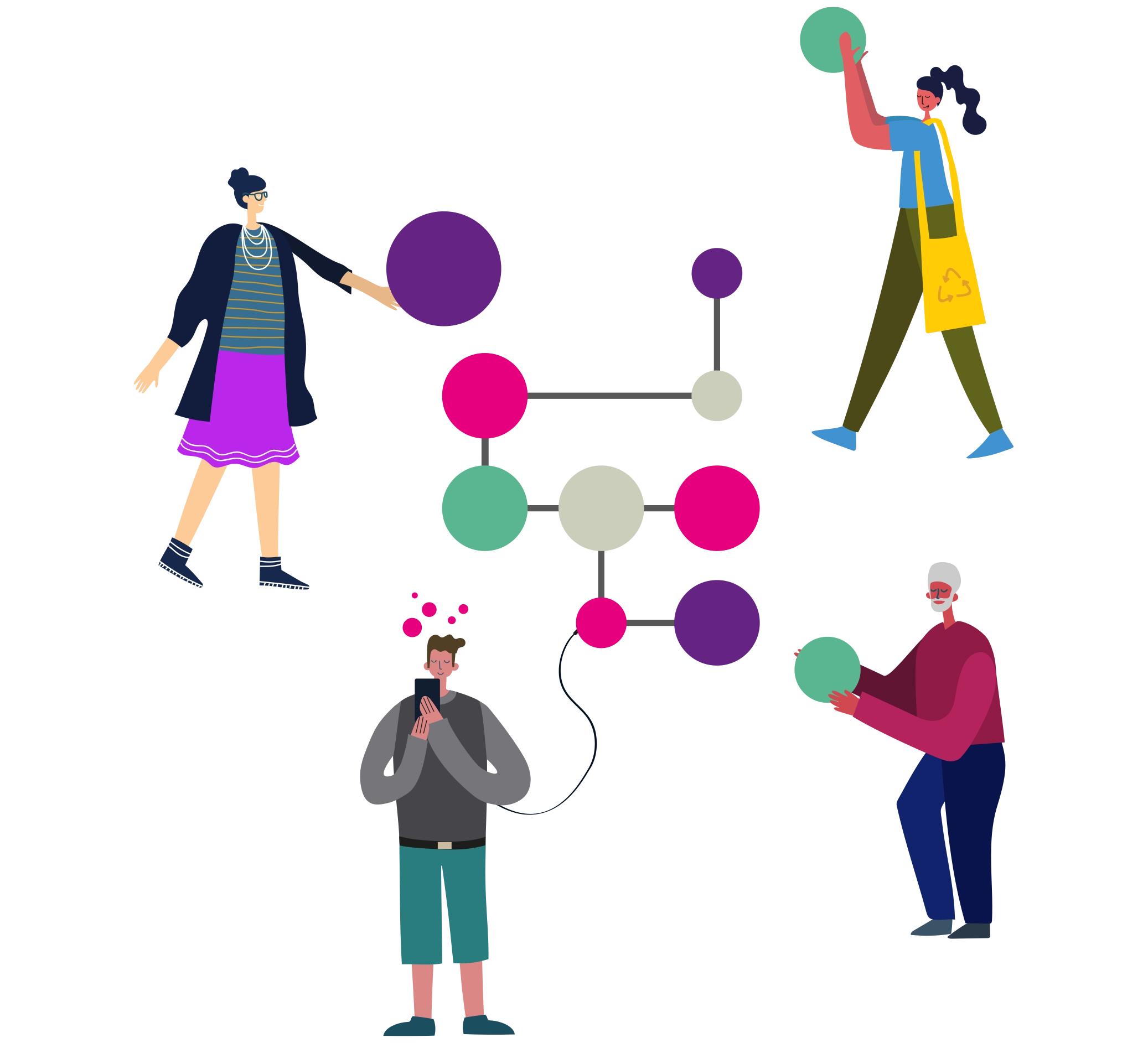
Möchten Sie mehr erfahren? Im Folgenden finden Sie kurze Erläuterungen zu den zentralen Konzepten, die unserer Forschung zugrunde liegen.

Unsere Einstein Research Unit „Coping with Affective Polarization – How Civil Society Fosters Social Cohesion“ wird von der Einstein Stiftung Berlin gefördert. Die Stiftung setzt sich dafür ein, exzellente wissenschaftliche Forschung zu stärken und inter- sowie transdisziplinäre Netzwerke in strategisch wichtigen Forschungsfeldern zwischen den Mitgliedern der Berlin University Alliance aufzubauen. Die Förderkennziffer unseres Projekts lautet: ERU-2023-78.
Weitere Informationen finden Sie unter:
www.einsteinfoundation.de
